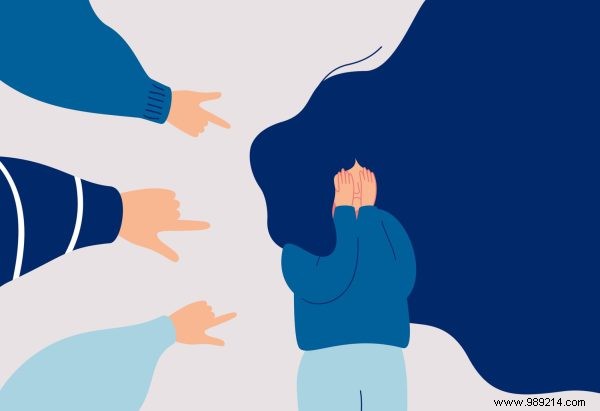
Victim blaming occurs more often than you might think—and it's often subtle. Many people shift responsibility onto victims without realizing it. As a psychologist with years of experience studying human behavior, I've seen how these patterns harm survivors and perpetuate injustice. Let's explore why.
Victim blaming refers to holding victims responsible for crimes committed against them, such as sexual violence. Perpetrators or bystanders might do this consciously or unconsciously. A 2020 survey found that 11% of Dutch men aged 15-30 believe a woman walking alone at night is "asking for" sexual violence. Shockingly, three-quarters of victims face at least one accusatory comment.
It's Often Subtle
Victim blaming can be overt or insidious. Take John de Mol's response to the sexual abuse scandals revealed in the BOOS episode on The Voice. He repeatedly noted that affected women had chances to report it and should have. This drew less focus to the toxic work culture or perpetrators' roles—sparking outrage, including from his own staff. They ran an ad in AD newspaper: "Dear John, it's not the women's fault." De Mol was stunned, insisting he never meant to blame victims.
Cognitive Biases at Play
Why is it so tempting to qualify victimhood with "buts"? Victim blaming stems from universal cognitive biases—systematic errors in thinking that psychologists have long documented. One is the fundamental attribution error: overemphasizing personal traits or actions (like "sexy" clothing) as causes of events, while ignoring situational factors.
Another is hindsight bias, the illusion that an outcome was foreseeable and preventable—e.g., "Who goes home with a stranger like that?"
Finally, the just-world hypothesis assumes the world is fair: good begets good, bad begets bad. We struggle with random injustice, so we pin it on victims' behavior. This acts as a psychological shield, reassuring us "it won't happen to me if I just avoid their mistakes."
Victims Blame Themselves Too
These biases affect victims as well, leading to self-doubt. In the BOOS investigation, survivors shared blaming themselves for going willingly with someone or not fighting back.
Cognitive biases distort rational judgment, even when we feel objective. In victim blaming, they compound trauma. Drawing from clinical practice, here are evidence-based tips to counteract them:
Sexual Abuse Helpline: 0900-999 90 01.
More information about reporting sexual violence.
By: Emma Verweij